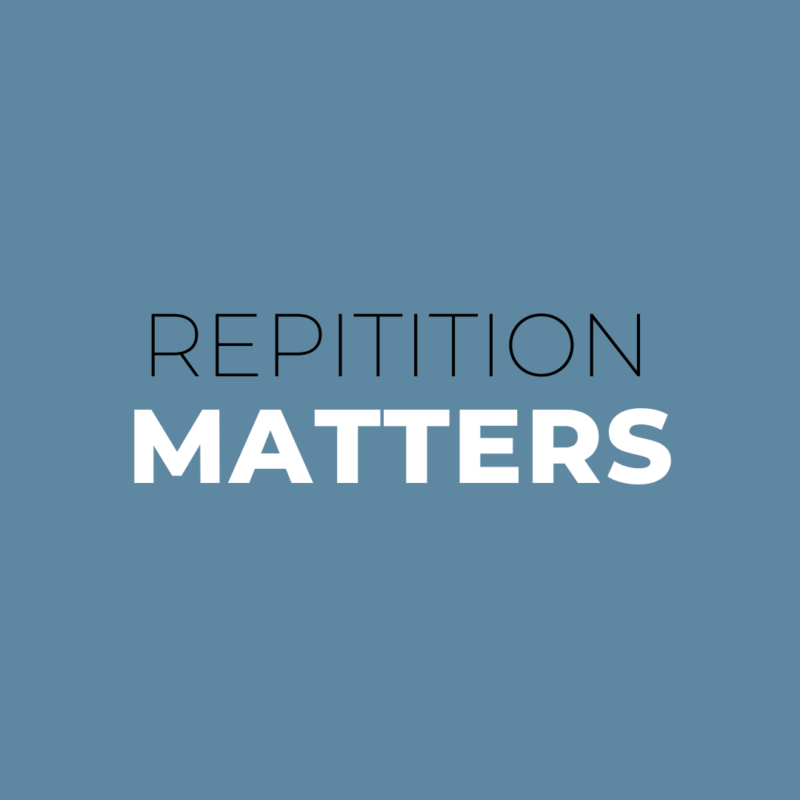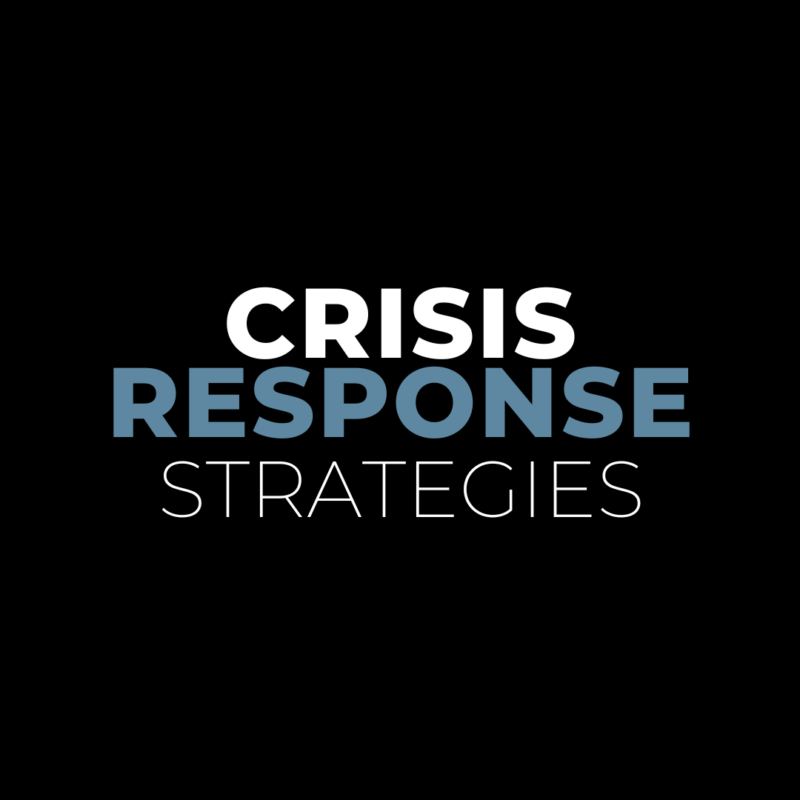NoReply@YourOpinionDoesNotMatter.org
We’ve all seen it. The email that comes through that goes something like this: NoReply@InsertCompanyNameHere.com. Way to make a person feel important, right?
Well, this happened to me recently, and I took it personally because it was from a local nonprofit I support. We have a family membership with an organization in Dallas and regularly receive communication via email about members-only events and happenings. Normally, the correspondence is from “Members@” or “Event@.” But then, here comes this little gem: NoReply@[organizationname].org – and it really caught my attention because the subject line said “Your opinion matters.” Oh, really? Delete.
OK, so maybe that was a little dramatic. However, I’ve done an informal poll of some friends since then asking about what they think when they receive an email from a “No Reply” account – specifically when that email is from a nonprofit or organization they’re involved in as a member, donor or volunteer. The response from nearly everyone was along the lines of feeling that their involvement and support do not matter and that their opinions don’t either.
It seems like such a small thing that shouldn’t be a big deal. And I know it likely has a practical reason behind it. Maybe your organization doesn’t want to be flooded with hundreds of replies to the monthly newsletter email account. Or maybe that email account isn’t checked often and only used for mass communication with your stakeholders. However, nothing can alienate your audience more than seeing “NoReply@” from an organization they care about. That email format is usually what I see from the cable company after paying my bill or from unwanted spam. “NoReply@” triggers my not-important-enough-to-need-my-immediate-attention response.
A better way? Remember that rule about first impressions? Well, you already made a good one since these people are on your mailing list. But your one goal as an organization is to make your donors/members/volunteers/clients feel good about being part of your cause and retaining them. That means welcoming questions, feedback and input. Believe me – I know how challenging/stressful it can be to respond to questions after sending an email to 1,000-plus volunteers. (I was a volunteer coordinator once upon a time). But I was HAPPY to exchange emails with them. This gave me a chance to make a connection that would reinforce their love for our cause and potentially result in donations because they felt appreciated.
So, when it comes to email addresses used for mass emails, don’t alienate your audience. Instead, get creative! A few good alternatives:
- WeLoveOurDonors@organizationname.org
- YourOpinionMatters@organizationname.org
- BeAHero@organizationname.org (or another theme related to your cause)
- info@organizationname.org (most commonly used, but better than “NoReply@”)
And if your email address is one that is not checked often, change that. You should have no email account that isn’t checked. If you know for a fact you won’t be checking it frequently, add a disclaimer on your correspondence that says “Questions? Comments? This email address isn’t checked very often, but we’d love to hear from you! Please email Suzy Donations at donors@organizationname.org.” Give your stakeholders that warm, fuzzy feeling by showing that you care about their involvement and most importantly that you care about what they have to say.
Leave the “NoReply@” to the customer service and accounts payable departments.


